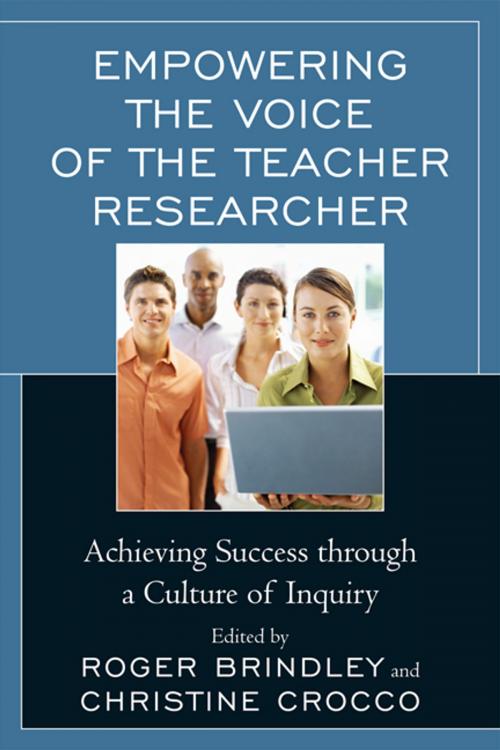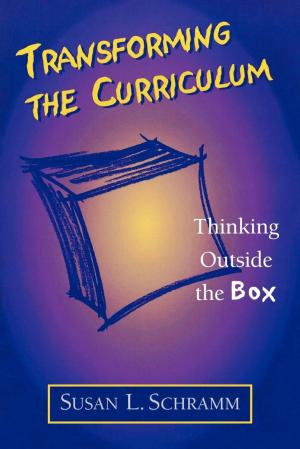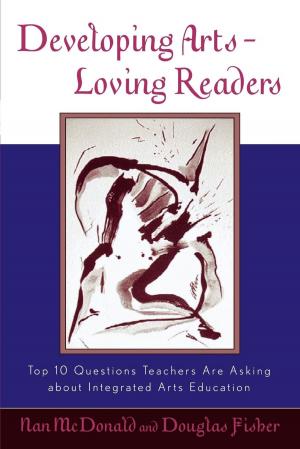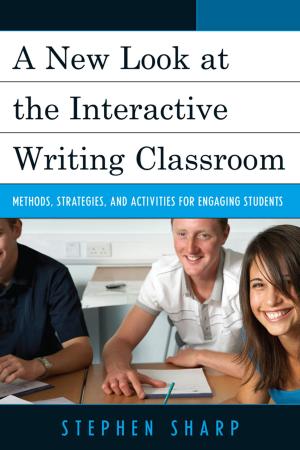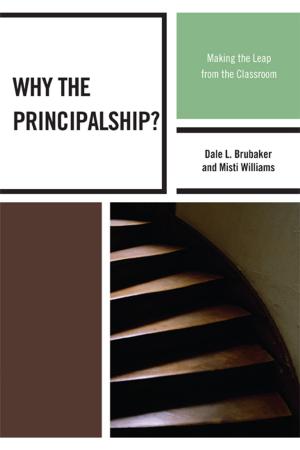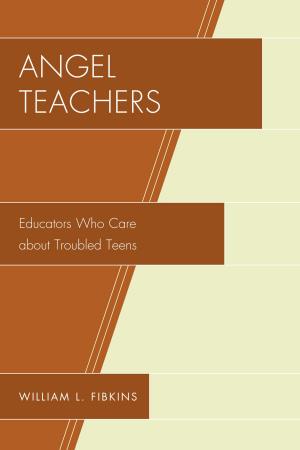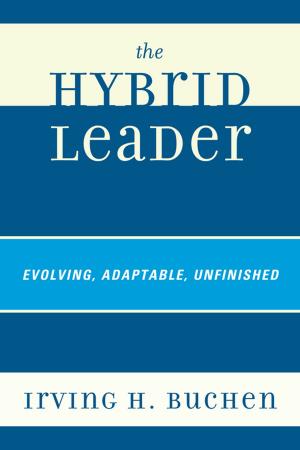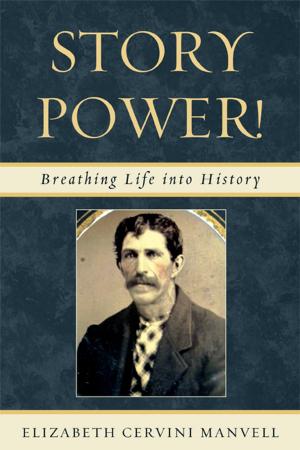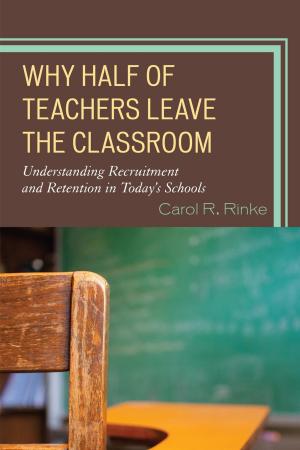Empowering the Voice of the Teacher Researcher
Achieving Success through a Culture of Inquiry
Nonfiction, Reference & Language, Education & Teaching| Author: | Christopher S. Christoff, Lisa A. Fisher, Leslie Frick, Matthew Gruhl, Danielle Lawrence, Cynthia Tehan, Janet Tolson, Karen Wood, Karen Zantop | ISBN: | 9781607099680 |
| Publisher: | R&L Education | Publication: | November 16, 2010 |
| Imprint: | R&L Education | Language: | English |
| Author: | Christopher S. Christoff, Lisa A. Fisher, Leslie Frick, Matthew Gruhl, Danielle Lawrence, Cynthia Tehan, Janet Tolson, Karen Wood, Karen Zantop |
| ISBN: | 9781607099680 |
| Publisher: | R&L Education |
| Publication: | November 16, 2010 |
| Imprint: | R&L Education |
| Language: | English |
Empowering the Voice of the Teacher Researcher through a Culture of Inquiry is essentially a description of one school's initiatives to use collaborative communities and action research to empower teacher research and a culture of collective inquiry. It is written by teachers primarily for teachers and teacher educators. Of course, none of the initiatives described in the text would be possible without the visionary leadership of school and district administrators. Because administrative support is foundational to the process, school and district administrators and staff developers will also be interested in reading about how this school's principal and assistant principal set the stage for developing their community of learners. There are many sound action research texts on the market. What sets this text apart are the first-person accounts of teachers' experiences with action research as examples of profound possibilities for professional growth. As such, this book, written by teachers for other teachers and then contextualized by the Editors so that the relevance is clear to a broader audience, fills an important niche in the literature.
Empowering the Voice of the Teacher Researcher through a Culture of Inquiry is essentially a description of one school's initiatives to use collaborative communities and action research to empower teacher research and a culture of collective inquiry. It is written by teachers primarily for teachers and teacher educators. Of course, none of the initiatives described in the text would be possible without the visionary leadership of school and district administrators. Because administrative support is foundational to the process, school and district administrators and staff developers will also be interested in reading about how this school's principal and assistant principal set the stage for developing their community of learners. There are many sound action research texts on the market. What sets this text apart are the first-person accounts of teachers' experiences with action research as examples of profound possibilities for professional growth. As such, this book, written by teachers for other teachers and then contextualized by the Editors so that the relevance is clear to a broader audience, fills an important niche in the literature.
